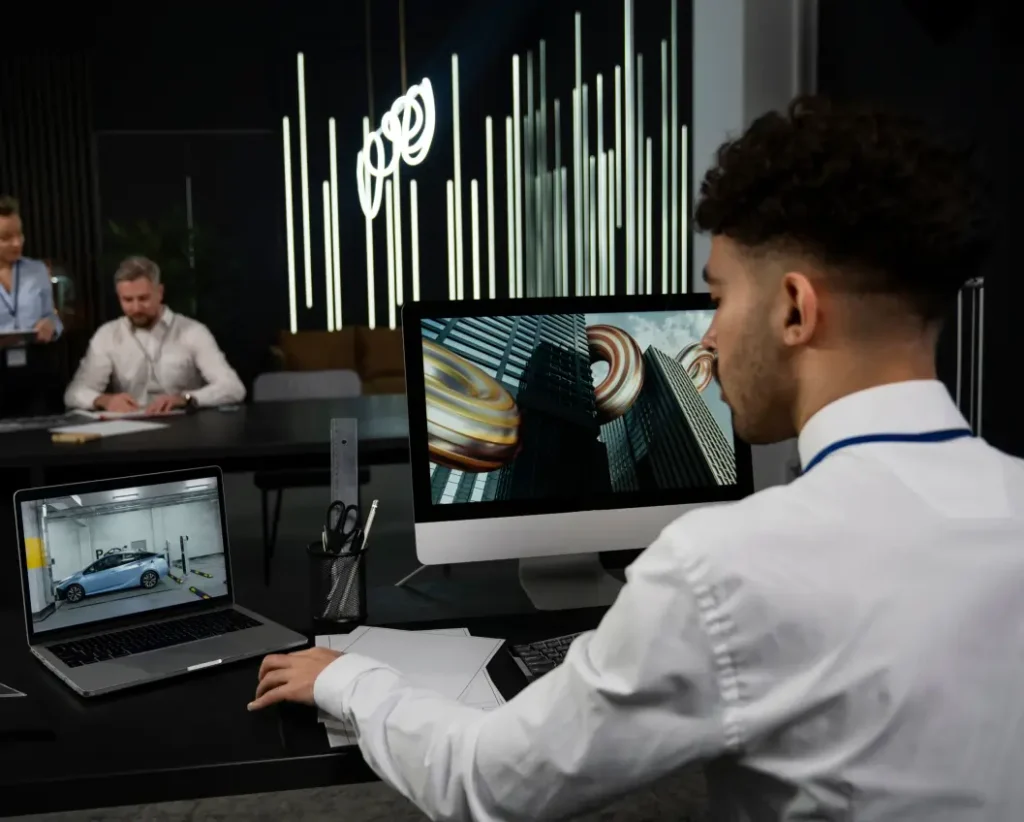Security Management interviewed Kolins Security Group’s VP and Director of Western Operations, Darrell Clifton, CPP, about the impact that security groups are facing during closures due to COVID-19.
When asked if pandemic preparedness is something that’s included in training security staff, Clifton responded:
“Back when H1N1 happened, we did some training and preparedness. In fact, we worked with the Nevada health department to provide vaccinations and flu training to the masses. We thought we were the perfect guinea pigs for that, because we had large space available and a lot of employees. We participated in that and went through the hand washing procedures and sanitizing of the property.
We have a plan for norovirus (a contagious virus that causes vomiting and diarrhea). It’s managed by the food department but the whole property becomes involved in extra cleaning.
But as far as a pandemic like this, I don’t think anyone was prepared. But it’s not too hard to come up with the procedures as you go.”
Clifton weighed in on how security plans are shifting for businesses that have moved to curbside service only or closed entirely.
“Although this is unprecedented, we’ve actually had a lot of experience. The October 1 incident, 9/11, they do some special things on New Year’s Eve as far as sheltering in place to some extent.
It was difficult to do it. It is an undertaking. It’s funny that many of the doors in casinos don’t even lock. They’re open; they don’t even have locks on them. So, either you have to make some kind of contraption to lock it, or you have to post somebody there to keep it closed. Casinos are doing a little bit of both.
Most of the properties I talked to have a full security staff working while they’re closed. Because of that, they have the wardrobe staff working and part of the food staff working to feed them, and then the maintenance crew in there.
They’re taking advantage of the time to get the place cleaned up. They’re doing a deep clean, and then while they’re doing that, they’re saying ‘let’s change some light bulbs and get the place fixed up,’ so there are some other things we can do here.
I think most of them are going to come out with a nice shiny new property when they’re ready to reopen, and hopefully people will come back.”
Despite this, Clifton recognizes some trouble spots in security when it comes to locations that have closed, specifically with casinos.
“With a complex that large, you rely on people to be the eyes and ears for you, like reporting the smell of smoke somewhere. Security, no matter how big the force is, is not going to detect everything so there are a lot of places that are not going to be seen by a human that were being seen all the time.
Security staff has to worry now about being in every square inch of that building—to make sure it’s safe, that no one is there, and that the lights are working.
I know these guys are stressed out. For one thing they have never been through this before. In one case, the casino said it’s not going to have hourly employees here—so salaried staff must cover everything. It’s just the director and his managers, with no force at all. They have to do everything. The director is not sleeping at night. It’s stressful for them.
There’s some stress about what the future brings. Plus, you have got to work while you’re doing all that. I think they’re working probably harder than they’ve ever worked before.”
For the full interview: https://www.asisonline.org/security-management-magazine/latest-news/online-exclusives/2020/How-Security-Teams-are-Adapting-to-Closures/

